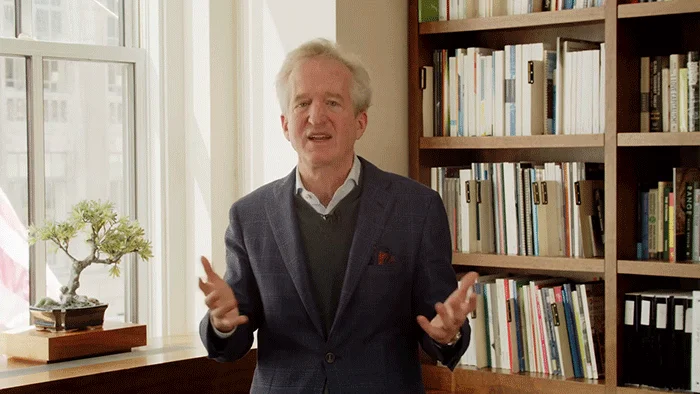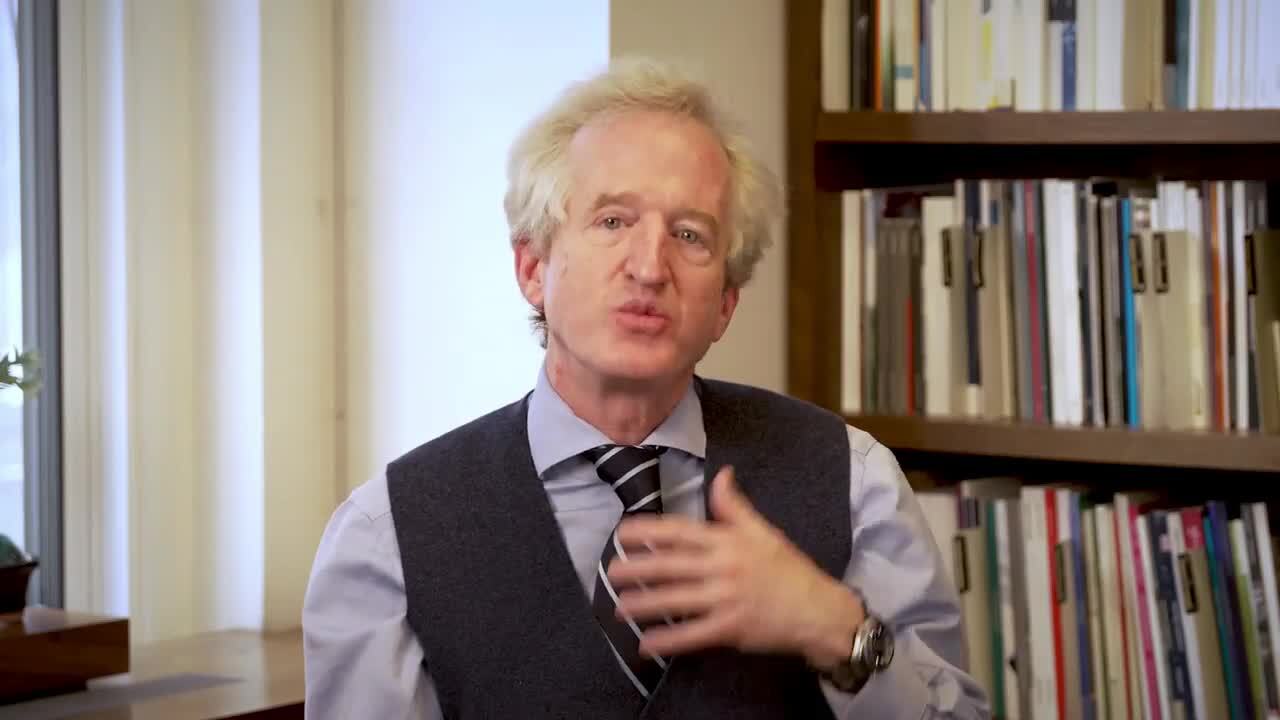How the end of the free money era is ending the distortions of the past decade and returning rationality to the markets
Transcript
| Speaker | Timestamp | Statement |
|---|---|---|
| Chris Davis: | When we were in this period of constantly falling rates all the way down to functionally free money, what happened? Well, valuations, that creates a rise in valuations. It creates easy access to capital. It increases leverage and reduces the cost of that leverage to nearly zero and this is going to be a very important point that we're going to come back to. It creates a tailwind for corporate profit margins on average. Now that's what it drives. What's the other side of rates falling? Well, of course it reduces risk premiums. It eliminates the value of investment and expense discipline. It eliminates the value of float and the idea of opportunity costs. Both of those are central tenants of our investment discipline, and of course it eliminates the relative valuation difference in current versus future cash flow. Because we have a discounted present value investment methodology, valuation discipline, it meant that our discipline was out of sync. Now as we come to the end of that period, what happens? These arrows reverse. You're going to begin and you are seeing real pressure on valuations. Now this is a rolling process, so there are still bubbles of overvaluation in the market, but the most speculative overvaluation we think has begun to be pricked, and you're seeing that roll through the market. We've seen access to capital really dry up. Not as dramatic as the financial crisis, but really easy access. You're looking at the VC funds, the private equity funds, everybody is having trouble raising money. Leverage, coming down and having a cost. Margins, we think you're beginning, and this is one where we're only in the first inning. We think that profit margin expansion has been a drug in the market where people have gotten very complacent about how far and how wide profit margins can get. We think there's a lot of evidence that that is going to begin to reverse and investors should be very careful about building in profit margin expansions. What else? Well risk premium going up. Investment in expense discipline coming back into favor. Think of Mark Zuckerberg's memo from about a year and a half ago, ringing the bell. Hey, it's a new era, expenses matter. Value of float. There's a large company in the S&P 500 that we happen to own where their float a year or so ago was earning them $200 million and now it's earning 5 billion dollars, a 5 billion dollar swing in profits just from the float now earning a return. The value of current versus future cash flow, that differentiation beginning to matter. |
Related Videos
Investing through Volatility
PM Chris Davis on developing a mindset that allows you to tune out the daily drama and successfully build wealth.
The Danger of Overly Aggressive Growth Assumptions (1:30)
Why investors often overpay for the inflated growth projections of today's high flyers - taking on risk in the areas they see as safe


